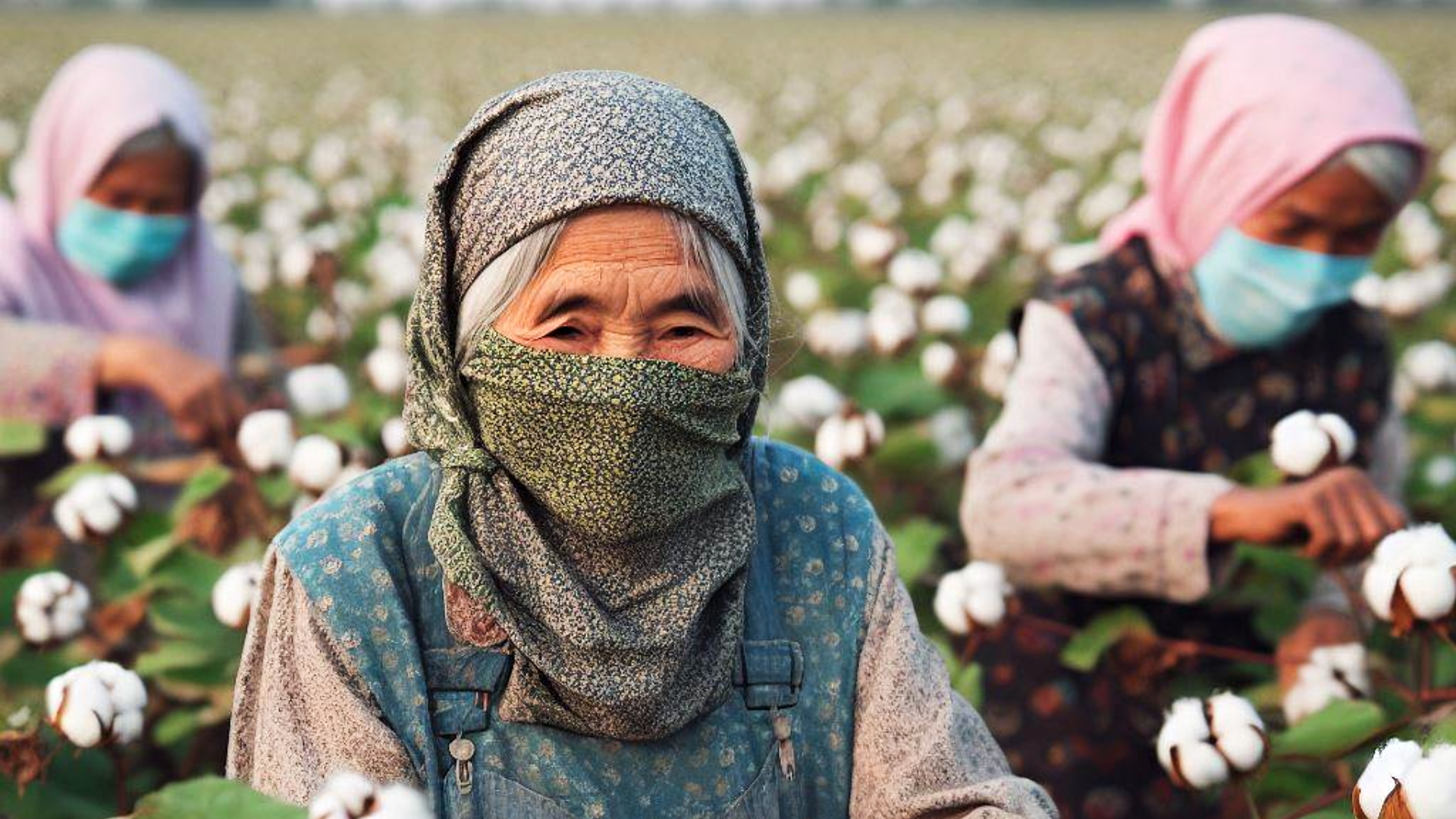The largest carbon consultancy, South Pole, has sold carbon credits from the Bachu Carbon Project to huge companies like BP and Spotify for years. Alarmingly, a recent investigation has exposed its potential link to coercive labour involving the Uyghur community.
The ambiguous mechanics and overall effectiveness of carbon credit schemes often come into question, but ethical misgivings are creating an even greater headache.
One such project located in Xinjiang, China, claimed to lower global emissions using waste cotton stalks from surrounding farmland to generate electricity. BP and Spotify are among several global entities that offset carbon emissions using its carbon credits.
Owned by South Pole, the world’s largest carbon consultancy firm, it’s said in promotional materials that this project is a boon for the local economy, creates additional income for the region’s farmers, and obviously generates power sustainably. Sounds good on paper, right?
The potential reality discovered by The Guardian and Dutch investigative news outlet Follow The Money, however, paints a vastly different picture.
Through analysing project documentation, satellite imagery of the area, and speaking to political experts, the duo appears to have uncovered a link to forced labour and the Uyghur community.
Specifically, it found huge worker transfers involving hundreds of people at two locations within the radius of the project’s cotton stalk fields. Prospective clients reportedly raised concerns about forced labour in 2021, but South Pole failed to broach the subject with the certification body Gold Standard.
Though it is not possible to unequivocally ratify that this was a coercive scheme, the transfer of up to 930 workers at any one time – and in an area already deemed extremely high risk for Uyghur exploitation – raised red flags that the operation likely extended beyond local farmers.
‘There’s probably no way you find a more risky spot for state-imposed forced labour in the world than this location,’ forced labour expert Adrian Zenz told The Guardian.


















